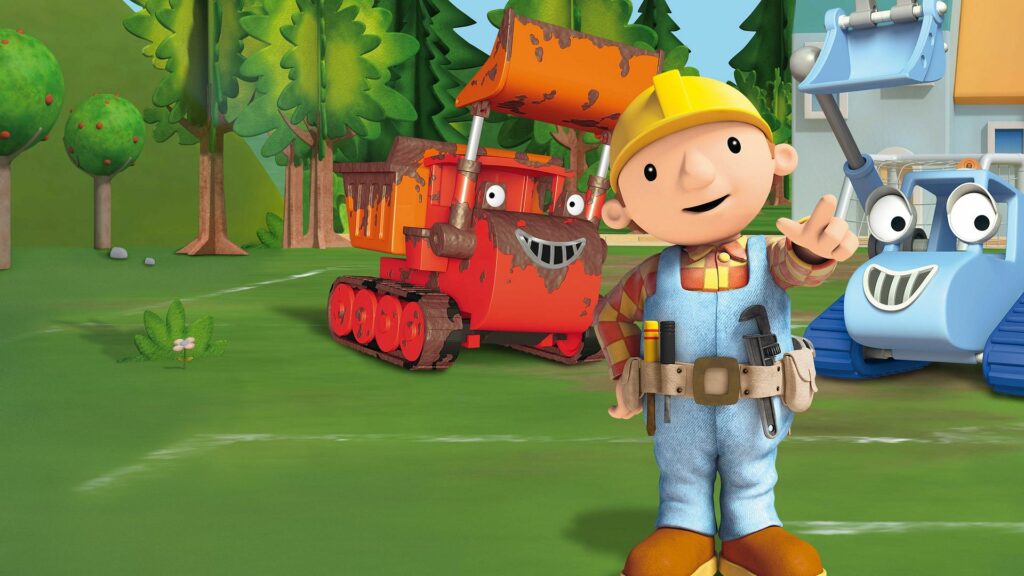
50 Ways to Develop Your Employee (Besides a promotion)
Nowhere to go, not even up?
Look both ways before you cross the street throw the towel in.
If you feel like you’re fresh out of ideas for developing your team, you’re not alone. Many managers agree that promotions are great, but sometimes that’s not the right next step. But it’s critical to remember that getting your direct report to their next job isn’t the only path for employee growth. There’s an entire toolbox of creative ways to challenge and invest in your team members—no new job title required.
Developing employees is a win-win for organizations and individuals. Showing you’re invested in employee careers increases engagement and helps them see a future at your org. Providing learning and growth opportunities satisfies nearly universal development desires, especially for younger generations in the workforce. Focusing on building skills internally allows you to close gaps without hiring externally.
And most importantly, prioritizing employee development is a powerful retention tool for hanging onto your top talent. That’s why it’s critical you get a list of 50 outside-the-box approaches for turbocharging your team’s skills and knowledge. No more running employee development on an empty tank of ideas.
Cross-Functional Task Forces

- Establish a task force to improve interdepartmental communication and collaboration.
- Create a project team to address a specific business challenge or opportunity.
- Form a task force to champion and implement a new company-wide initiative.
- Create a project team to explore opportunities for product diversification.
- Form a task force to address customer service issues and improve satisfaction.
- Establish a project team to enhance workplace diversity and inclusion efforts.
- Create a task force to explore expansion opportunities into new markets or regions.
- Form a project team to implement sustainability initiatives and reduce environmental impact.
- Establish a task force to develop and implement crisis management protocols.
- Create a monthly employee newsletter summarizing organizational news and industry trends.
Innovation Labs and Idea Incubators

- Create an innovation lab to brainstorm and prototype new product ideas.
- Establish an idea incubator program to encourage employees to submit innovative proposals and attend a pitch competition.
- Develop an innovation challenge with prizes for the best ideas.
- Implement an innovation lab focused on process improvement and efficiency gains.
- Create an idea incubator for social impact projects and initiatives.
- Establish an innovation lab to explore emerging technologies and their applications (did someone say “AI”?).
- Create a group to conduct competitor analysis to identify strengths and weaknesses, presenting ideas and solutions to stay ahead of competition.
- Implement an innovation lab to explore new business models and revenue streams.
- Create a group to analyze customer journey maps that identify pain points and opportunities.
- Implement a customer advisory board to gather ongoing feedback and insights.
Skill-Building for Leaders and Specialists

- Provide workshops to enhance leadership with coaching skills.
- Explore training programs for technical skills, relevant to employees’ roles.
- Employ workshops to improve communication and interpersonal skills.
- Apply training programs for digital literacy and technology adoption.
- Provide training programs for project management and execution.
- Supply workshops for how to delegate effectively.
- Implement training programs for sales and negotiation skills.
- Provide workshops to influence others without “selling”.
- Supply training programs for adapting to change.
- Task the employee with building the handbook or manual for their role, to educate future employees.
Mentorship and Coaching Initiatives

- Establish a formal mentorship program pairing junior employees with senior leaders.
- Implement a coaching program focused on career development and advancement.
- Develop a reverse mentoring program where junior employees mentor senior leaders.
- Create a peer coaching initiative where employees support each other’s growth.
- Implement a cross-departmental mentoring program to foster collaboration.
- Establish a leadership mentoring program to build a bench of future leaders within the organization.
- Develop a buddy system for new hires to support their onboarding and integration.
- Implement a career coaching program to help employees identify and achieve their goals.
- Coordinate job shadowing opportunities for employees to learn from different departments.
- Organize lunch-and-learn sessions where employees share expertise and knowledge (even for non-work related topics).
Community Engagement and CSR Projects

- Organize a committee to create volunteer days for employees to support local community organizations.
- Implement a company-wide fundraising campaign for a charitable cause.
- Establish partnerships with local schools or educational institutions for mentorship programs.
- Partner with a local school or college to create an internship program for local students.
- Organize a blood drive or health fair for employees and the community.
- Implement a pro bono consulting program to support nonprofit organizations.
- Establish a scholarship program for students in underserved communities.
- Create a mentorship program for small business owners or entrepreneurs.
- Implement an environmental cleanup project in partnership with local organizations.
- Organize a career fair or job training workshop for disadvantaged community members.
Conclusion
The worst thing you can ever say to a high performer is “keep doing what you’re doing.” The only way to make that worse is if you gave them finger guns and winked with a pearly white smile. Thankfully, you know better than that, right?
Many managers know that they should provide high performers with development opportunities, but are often too stressed out, too worn out, or too burnt out to know exactly how to develop their high performer.
With this list of 50, now your job is made easier. You’ll no longer have to search for a development opportunity. Instead, pick one from the list and let your high performer have at it. Plus, you’ll have an even sharper human resource to turn to in the future.
Start Your Journey to Organizational Excellence
Begin your journey with MindWire by your side. Contact us today and let’s discuss how to elevate your business together.


